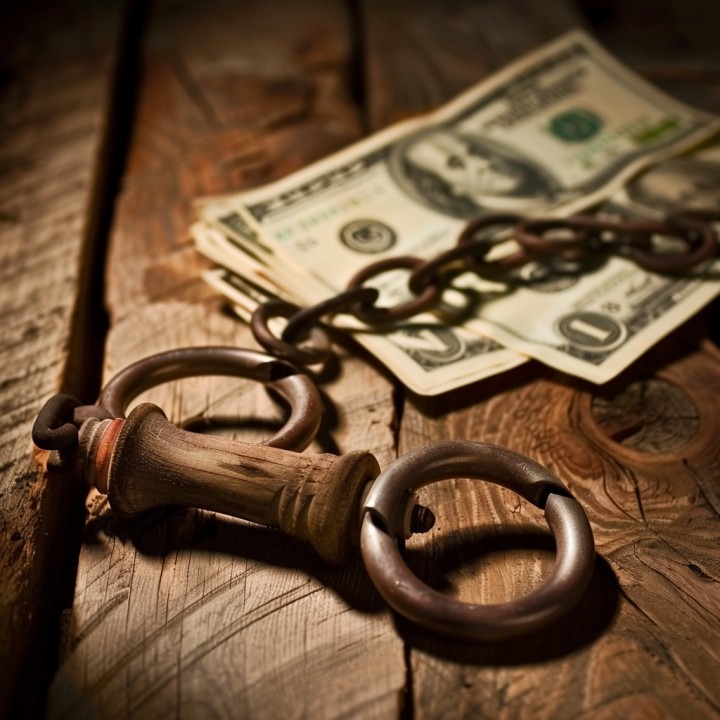Bail is a set of pre-trial guidelines that a defendant must agree to and an amount they must pay to make sure that they are present to stand trial before a judge agrees to release them from jail.
How did they get started?
This system of posting money or property in order to get a temporary release, pending a trial, dates back to 13th century England. The commercial practice of offering bail bonds arose out of a need to balance the playing field among the rich, middle, and lower classes. Previously, wealthy individuals were at an advantage because they could pay bail. Meanwhile, poor people without money to post bail couldn’t leave.
Bondsmen have been around in the United States since the country was founded. The laws about bail bonds have changed over the years. These laws have mostly addressed how to set bail fairly. Now, it’s mostly based on the crime the defendant has been charged with. Bondsmen have changed some practices according to individual state laws, but the basic concept is the same.
How are they different now?
The founder of the modern bail bond system as we know it was Pete McDonough. Pete, and his brother Tom, established the first known bail bond agency in San Francisco in 1898. McDonough was not a completely honest person, which may be why bail bondsmen receive such an unfavorable perception today.
In 1966, Congress enacted the Bail Reform Act of 1966. It expanded the bail rights of federal criminal defendants. Congress repealed the Bail Reform Act of 1966 with the Bail Reform Act of 1984. The new law permits pre-trial detention of individuals based upon their danger to the community, not solely upon the risk of flight. It stipulates that only people who are charged with a violent crime, an offense that may result in life imprisonment or death, drug offenses that may lead to a sentence of more than ten years, repeat felony offenders, or if the defendant poses a serious risk of flight, obstruction of justice, or witness tampering can be denied bail. A judge holds a special hearing to determine whether the defendant fits within these categories. Anyone outside of those parameters can bail out of jail. In cases where the defendant poses a risk to their communities, a judge must order pretrial detention
What can Delta offer defendants?
There are plenty of reasons why you should choose to do business with us, including the fact that we can bail you out of jail anywhere in the country! Delta Bail Bonds will not release any information about you or the person being detained. We also use secure data practices. You can rest assured that your personal information is in good hands.
We are available 24 hours a day, 365 days a year. You just need to give us a call and we’ll have your forms ready by the time you arrive at our location. We accept Cash, Visa, MasterCard, Discover, and ATM cards. We’re also happy to help you set up a payment plan if needed. If you or a loved one needs to get out of jail fast, Delta Bail Bonds is the team to call.






